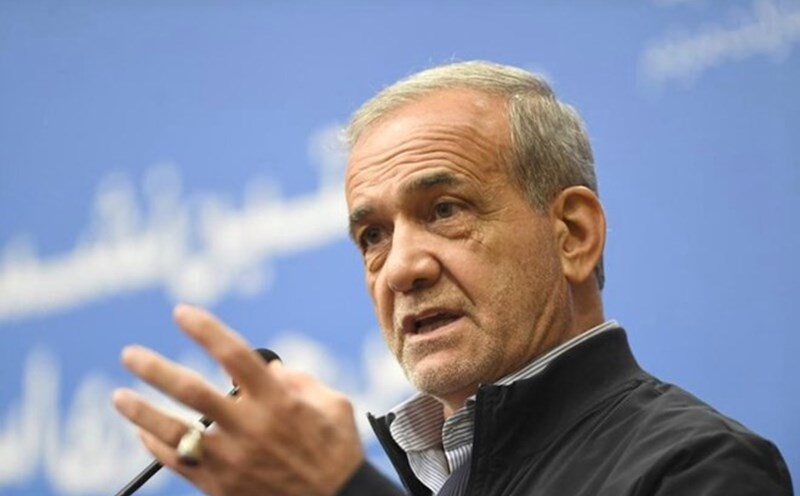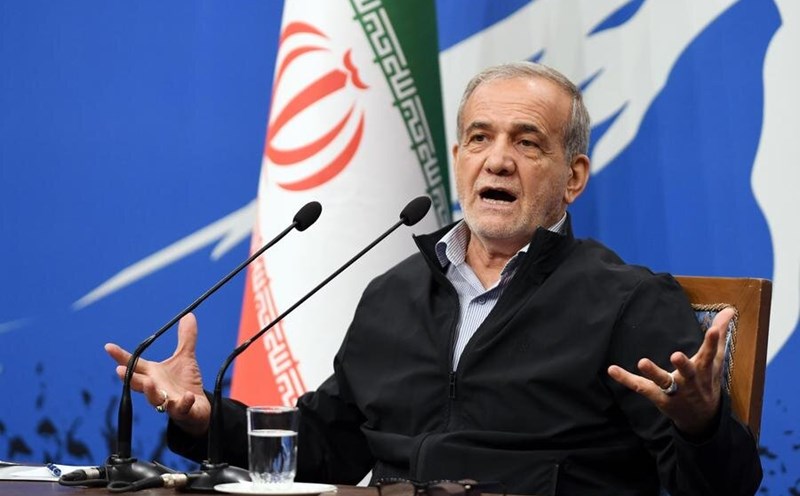UN sanctions against Iran will be reimposed after the draft resolution, which was pushed by Russia and China to delay, is not approved at the Security Council. Only four countries supported the resolution, while nine voted against and two voted for white.
Ms. Barbara Wood, UK Ambassador to the United Nations, affirmed that the process of activating the snapback mechanism under Resolution 2231 has been completed, meaning sanctions against nuclear proliferation with Iran will be restored.
This includes an arms embargo, a ban on uranium enrichment and recycling, restrictions on ballistic missile-related activities, and freezing assets and restricting travel to Iranian individuals and organizations.
Iranian President Masoud Pezeshkian said the country has no intention of withdrawing from the nuclear Non-Proliferation Treaty and will be transparent on the amount of enriched uranium. He also stressed that Iran is not pursuing nuclear weapons. However, Tehran warned the West to take responsibility for all consequences of the decision to reimpose sanctions.
The Russian Deputy Ambassador to the United Nations accused Western countries of burying their diplomatic roads, while Iran called the decision legally valueless, politically reckless and procedural incorrect. However, European countries believe there is still room for long-term negotiations if Iran cooperates with nuclear supervisory agencies and resumes dialogue.
Israeli Prime Minister Benjamin Netanyahu said at the UN General Assembly that the international community must not let Iran restore its nuclear capabilities, stressing that the country's uranium reserves must be eliminated.








